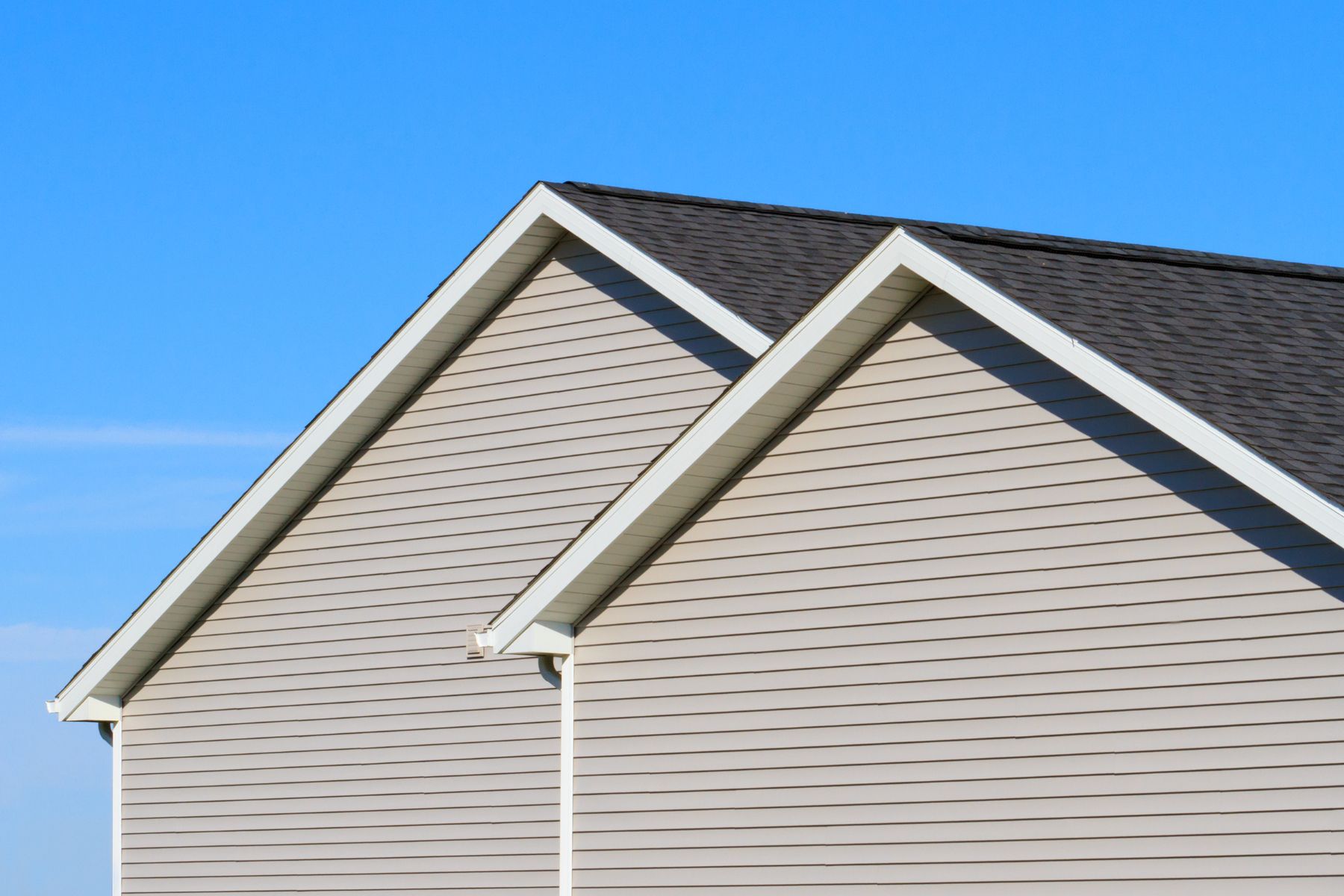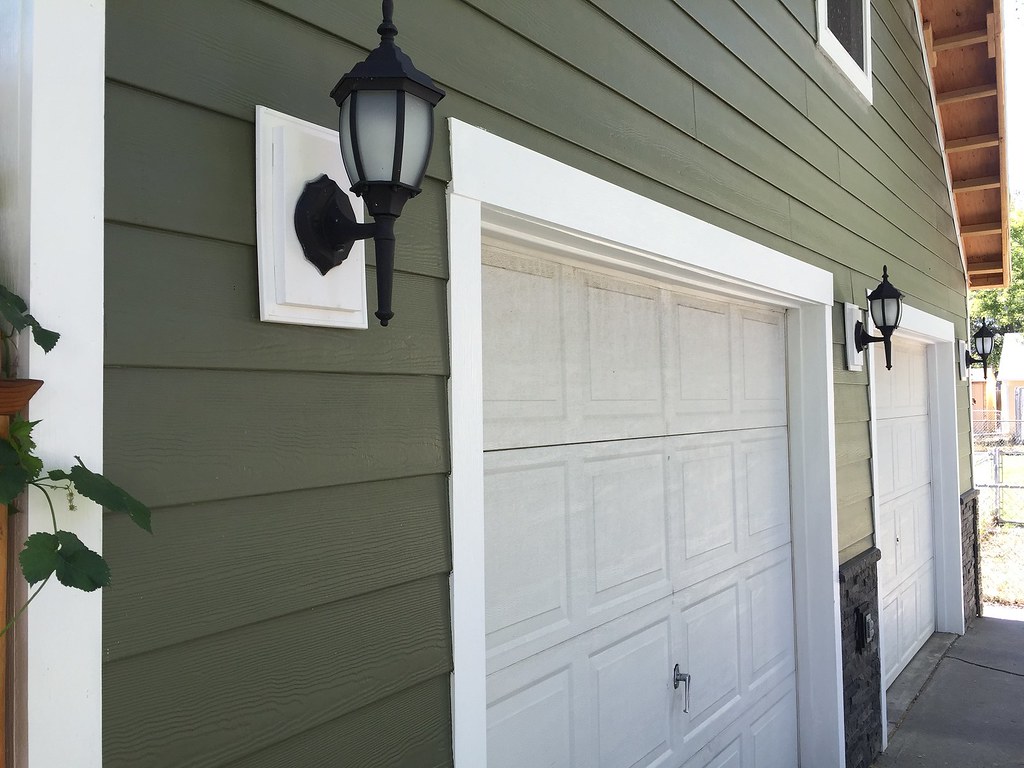Planning Your Budget for Siding Replacement
Is it time to give your home a fresh, new look while also protecting it from the elements? Siding replacement is an exciting home improvement project that can transform your home’s appearance and enhance its energy efficiency. Whether you want a refreshed look, your old siding is cracking, or you’ve experienced damage, it’s important to know how to budget properly to get the most out of your home siding investment.
Siding replacements don’t have to break the bank or require years of savings to prep for. If you’re considering a siding replacement in Maryland, we help break down how to budget for the new installation, where and how to get professional estimates, and what to expect from your siding installation.
Get the most from your siding investment and feel confident with these siding replacement budgeting tips.

6 Tips to Budget for a Siding Replacement
Breaking down a siding replacement budget is easy and simple. You’ll also work with your local siding company to compare costs, options, scheduling, payment plans, deals, and more. Remember – every siding company will work with you differently. When you need new siding, it is better to be proactive instead of waiting for the damage to worsen over time. Your siding investment will improve your curb appeal and provide energy savings, so make it a priority today.
1) Determine Your Financial Capabilities
Assess your finances to understand how much you can comfortably spend on siding replacement. Consider your savings, potential financing options, and available tax credits or incentives. Your local siding company can help you understand what options your area, neighborhood, or state offers for eco-friendly and energy-efficient options. Many siding contractors also offer payment plans to reduce your upfront cost.
2) Prioritize Your Preferences
Decide on the siding material, style, and color you want. Keep in mind that some materials may have a higher upfront cost but offer long-term benefits. Make a list of your must-haves and your wants when choosing new siding.
3) Set a Contingency Fund
It’s always a good idea to set aside a portion of your budget for unexpected expenses that may arise during the project. Siding contractors will have to remove old siding and may find damages that need addressed – be flexible on your price point and don’t max out on your first project.
4) Get Quotes From Various Roofers
In addition to the siding replacement itself, consider any additional services you might need, such as insulation, window or door replacements, or repairs to the underlying structure. You want to have a list of things you may be able to bundle together and work with several different contractors to see who offers the payment options that best work for you.
5) Plan for Regular Maintenance
Once your new siding is in place, plan for regular maintenance to ensure it remains in top condition for years to come. Regular cleaning and inspections can prevent costly repairs down the road. This will help your investment go further.
6) Review and Adjust Your Budget
Continually monitor your budget as the project progresses, and be prepared to make adjustments if necessary. Open communication with your contractor is key to staying on track. It’s okay to adjust your expectations after a few estimates and return back to consulting with contractors at a later date.

Obtaining a Siding Estimate
The first step in planning your siding replacement budget is to obtain a siding estimate. This estimate will help you determine the cost and choose the materials and style that fit your budget. Be sure to schedule multiple estimates before you sign with a contractor to ensure the best fit for your home. Compare costs, materials, scheduling, payment plans, reputation, warranties, and more. A higher upfront cost could ensure a better warranty down the line.
Research Local Siding Contractors: Begin by looking for reputable siding contractors near you. Ask for recommendations from friends and family or search online for reviews and ratings.
Request a Free Siding Estimate: Many contractors offer free siding estimates. Contact a few of them to schedule appointments. During the estimate, the contractor will assess your home, discuss your preferences, and provide you with a detailed cost breakdown. Have a list of questions you want to ask to get easy-to-compare results.
Compare Multiple Estimates: To ensure you get the best deal, it’s essential to obtain estimates from at least three different contractors. This way, you can compare prices, materials, and services to make an informed decision.
Consider the Long-Term Benefits: While cost is important, don’t forget to factor in the long-term benefits of high-quality siding materials. Paying a bit more upfront can save you money on energy bills and future repairs. See what benefits each contractor offers.
The Importance of Siding Replacement
Siding is not just an aesthetic feature; it serves a vital role in safeguarding your home from harsh weather conditions. Over time, siding can wear out, become damaged, or lose its appeal. When you notice signs of wear and tear, such as cracks, peeling paint, or mold growth, it’s time to consider siding replacement. Make sure you’re getting the most out of your siding investment by keeping these key benefits in mind during your preparation process.
- Enhanced Curb Appeal: New siding can dramatically improve the look of your home, including increasing your home value.
- Energy Efficiency: Modern siding materials offer better insulation, helping you regulate indoor temperatures and reduce energy bills.
- Protection: Siding acts as a shield, preventing moisture from seeping into your home. This helps avoid costly water damage repairs and keeps pests and other insects out of your home’s wood or other interior.

Get a Siding Estimate from Politz Enterprises in Maryland
Siding replacement is an exciting home improvement project that not only enhances your home’s appearance but also adds value and protection. By obtaining a siding estimate, understanding the benefits of siding replacement, and budgeting wisely, you can embark on this journey with confidence.
Work with a trusted contractor near you to get better tips on budgeting and costs. Politz Enterprises Roofing and Siding Company in Maryland can assist with all of your questions and help you begin.
Siding Replacement Budgeting FAQ
A1: Maryland homeowners often choose vinyl, fiber cement, and wood siding. Vinyl is known for its affordability and low maintenance, while fiber cement offers durability and versatility. Wood siding, though beautiful, requires more maintenance. Each material has cost pros and cons for short term and long term maintenance.
Signs of deteriorating siding include cracks, rot, peeling paint, mold growth, and high energy bills. If you notice these issues, it’s time to consider a replacement. You want to stay ahead of damaged siding before it costs you more in the long run due to insulation or framing damage.
Some Maryland homeowners may be eligible for energy efficiency programs and tax credits that can help offset the cost of siding replacement. Check with your local government or energy providers for available incentives. Your local siding company can also consult on these deals when providing you a free estimate.
Yes, many siding contractors offer financing options to help you spread the cost over time. Additionally, you can explore home improvement loans or home equity lines of credit. Talk to your siding contractor about your options.
The duration of the siding replacement project depends on various factors, including the size of your home and the complexity of the job. On average, it may take anywhere from one to two weeks but this varies from home to home and contractor to contractor.
